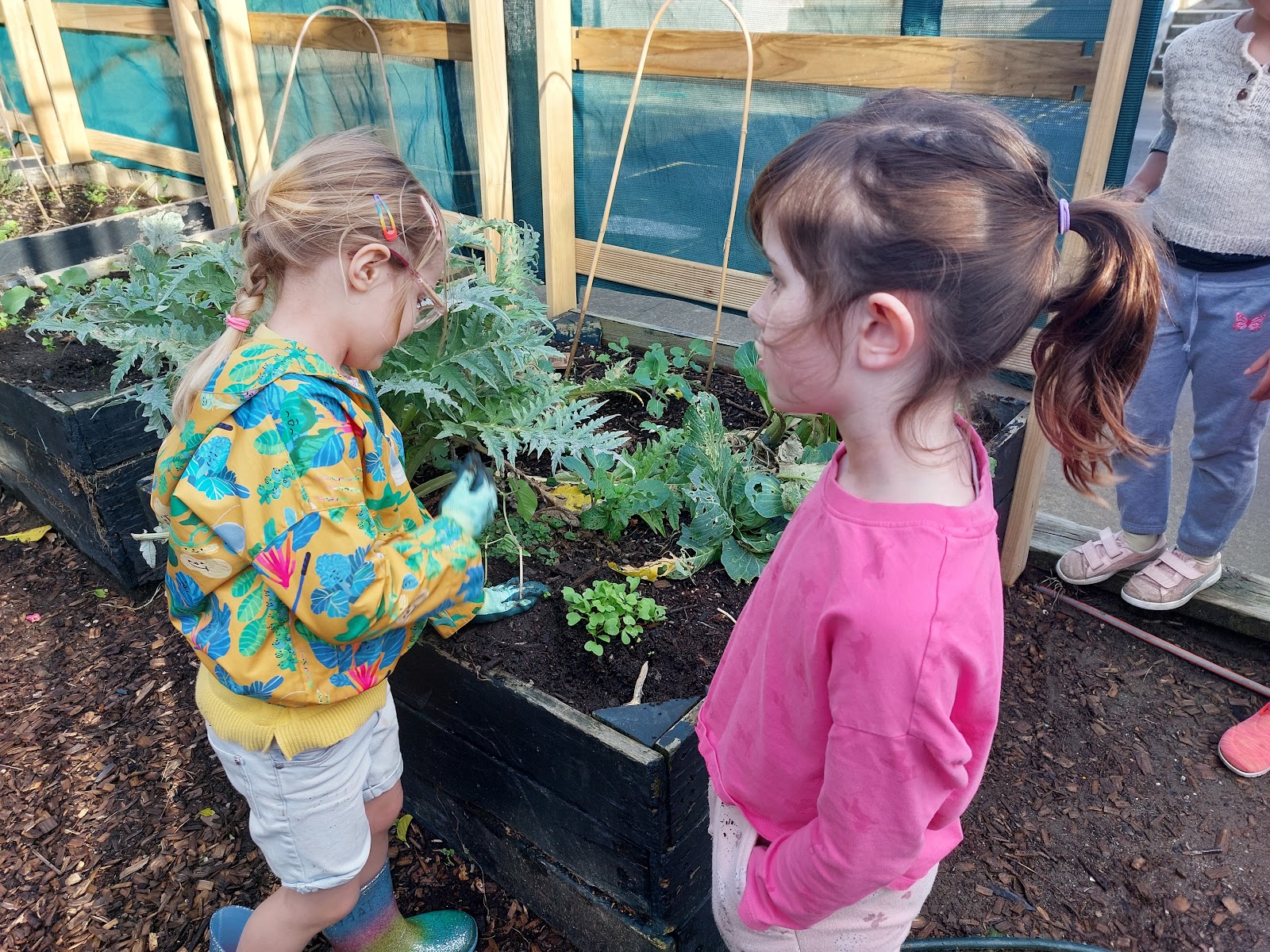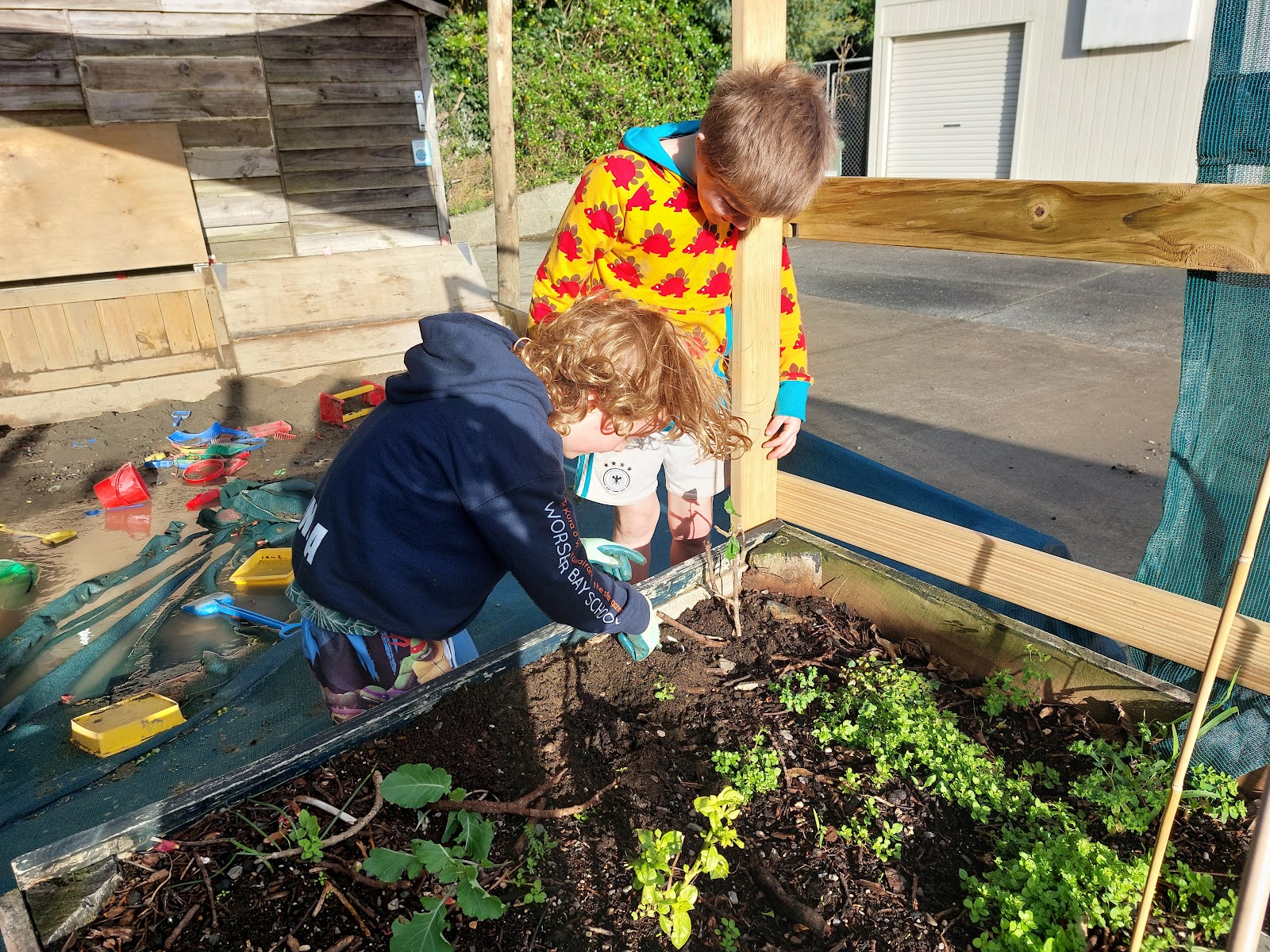Nau mai Matariki, nau mai Puanga, nau mai te tau hou Māori - We welcome Matariki, we welcome Puanga and the Māori New Year.
Thursday, 30 June 2022
Matariki Celebrations
Wednesday, 22 June 2022
Te Iwa o Matariki- Celebrating The Matariki Stars
When Matariki disappears in the sky and then reappears, it marks a very special time in the Māori Calendar as each star in the Marariki cluster has links to an aspect of our environment. You can read more about them here.
We've spent time in our whānau groups across the school learning about the different stars and also connecting with all our teachers and peers. Here, some of us were learning about Waitā, the star that looks after ocean creatures, and creating musical rhythms to represent the animals. We used rakau sticks to create musical beats that represent different animals. It was wonderful to work with seniors from across the school.
We also learned about how Matariki is a time to celebrate with our whānau. We made some whare (house) that show our whānau and the Matariki stars shinning in the sky.
Wednesday, 15 June 2022
Dwarf Beans
We documented these developments in our Tautoru seed diary, and also drew scientific diagrams of how our seeds have developed throughout the term. Our Tautoru kids have really embodied the learner attribute of “I am a thinker,” learning all about how scientists think, and how we can be scientists ourselves when learning new things!
Hiwa-i-te-rangi
The youngest sister star of Matariki, Hiwa-i-te-rangi, is often called the wishing star. People send their goals, aspirations and wishes to Hiwa-i-te-rangi, in the hopes that they will come true in the new year. In Tautoru this week we’ve been drawing Hiwa-i-te-rangi and writing our own wishes on the back of the star. Doing this allows us to ask Hiwa-i-te-rangi what we want to see in the new year and tell her hopes we have for our futures.
Wednesday, 1 June 2022
Swimming
These last few weeks alongside Autahi, we have loved our Friday swimming sessions at the Kilburnie pools. We use lots of Grit when learning how to swim, making sure to not give up when it is tricky and telling ourselves things such as “keep trying” and “you can do it!”
Swimming has also been a great opportunity to show Character Strengths such as Respect and Honesty. We show these to our peers, swimming instructors, teachers and parent support.
It has been a pleasure talking to our tamariki and picking up an increased confidence in their swimming abilities.
Leaf Art
As part of our inquiry into plants this term, we have been learning how to use plants to create artwork that honours the natural beauty of our surroundings. Leaf rubbing helps us see the unique markings to each leaf and how different they are, like our own fingerprints!
Please enjoy these photos of our leaf art creations. We will be finishing this art at the end of the week so check out Seesaw for the finished products.
Thursday, 26 May 2022
Expressing ideas through Drama
This week we have begun to explore how to share ideas through drama. Drama is a wonderful way to play with ideas and communicate them to an audience. It’s also lots of fun!
We have started by learning some fun drama games. One game is when we have to pretend to take our pet for a walk. Our pet might be small dog or a huge elephant. Imagine taking your elephant for a walk and trying to carry it. What would that look like?Or imagine giving someone a gift but you don't know what it is. Where would your imagination take you?
We will keep building our knowledge of drama skills this term with different ways to communicate ideas and use our imagination.
Gratitude
We are so Grateful to be a stones throw away from paradise ! We set off down to the beach to dial up our creativity in the sea air. We dis...

-
This week we've been learning a new song about Matariki. Many of you have shown your talent in singing! Here is the video of the song. ...
-
Today we read a poem called, "I have Noodles in my Nostrils" by Kenn Nesbitt. The poem is about noodles that fall onto parts ...
-
The genealogy of Ranginui and Papatūānuku- source: Enviroschools What plants are we kaitiaki (guardians) of in our community? Where do they ...








.jpg)
.jpg)
.jpg)













